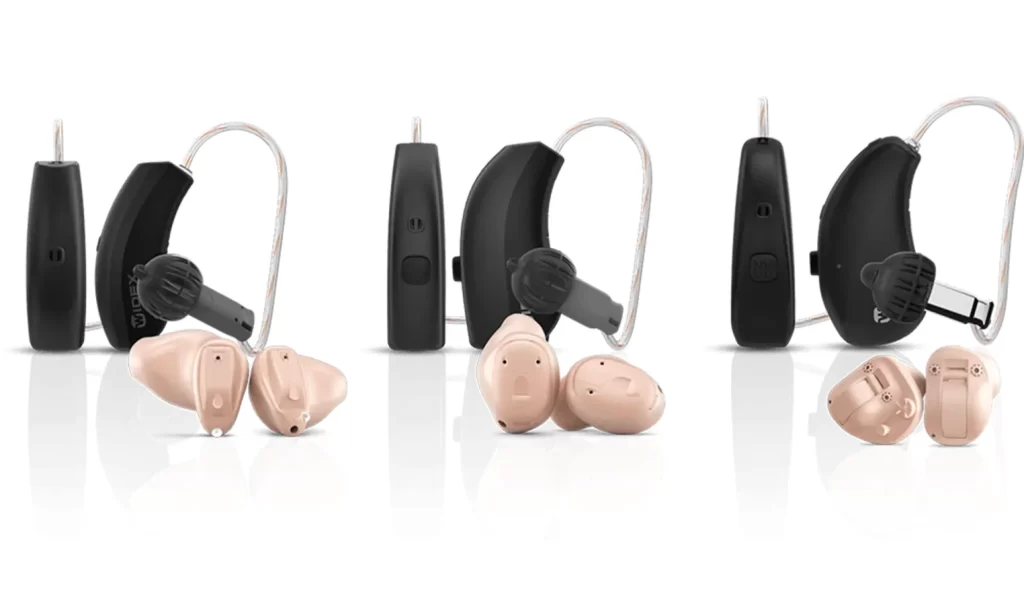Top 5 Most Renowned Hearing Aid Brands

It is World Hearing Day and Hearing Awareness Week in Australia. Where we raise awareness about hearing protection, hearing loss and hearing health. This year, the focus is on ear and hearing care for all. It is estimated that over 1.5 billion people globally are living with hearing loss. Alarmingly, this number is expected to exceed 2.5 billion people by 2050 due to our aging population. In Australia, there are almost 4 million people currently living with hearing loss.
To hear well, our ears need to detect the sound around us and send this signal along the auditory nerve to be processed by the brain. This signal is then understood in the brain so that we can make sense of what we have heard. Our ears and brain work together to continuously scan sounds around us so that we can hear well. When we have a hearing loss, this means that our ability to detect and perceive sounds is challenged. If the brain does not receive the information it needs to make sense of what we are hearing, it will be difficult to have conversations with the people around us. This can lead to withdrawing from social settings and being less connected to our family and friends. This can go on to affect many areas of our overall wellbeing such as our quality of life, health, social engagement, mental health, and cognitive function.
Our hearing is essential for communicating and hearing loss can make it much harder to hear and converse in environments such as noisy cafes, restaurants and busy shopping centres. People with hearing loss use a lot more energy, focus and attention when listening in complex listening environments. Meaning those with a hearing loss use more mental load and cognitive effort to hear and have conversations, causing them to feel tired and fatigued.
When hearing loss is left untreated, it can cause many people to stop participating in the activities and hobbies they enjoy. For example, a person may no longer wish to attend church as they cannot hear and understand sermons, or a person may no longer like going to restaurants and bars because these are noisy environments that make it difficult to hear conversations. This withdrawal from social situations can lead to loneliness, depression and other negative effects on our health and wellbeing.
So, what can we do to help? We can help to reduce the rate of hearing loss by preventing hearing loss. We can achieve this by wear hearing protection whilst around noisy situations either at work or home such as mowing the lawn or using commercial machinery. We can also protect our hearing by reducing the level of noise we are exposed to by turning down the volume, for example gamers and listening to music – and taking regular breaks.
Another way to help is to have an annual hearing test so that we can monitor our hearing level and be sure to do something about our hearing if the need arises. Independent and privately owned hearing clinics like Hearing Aid Specialists SA offer hearing tests by a qualified hearing care professional. A hearing test allows the hearing specialist to detect the presence of a hearing issue or hearing loss as well as the intensity of the hearing loss. It is recommended that if you are over 50 years of age to have your hearing checked every year, as you would with your eyes.
By protecting your ears and having your hearing checked, you can help to reduce the rate of hearing loss in Australia. Spread awareness of hearing health and ensure your friends and family are aware of how to care for their ears and their hearing.
Hearing care for all! Let’s make it a reality. Book a hearing test for you and your loved one this March at Hearing Aid Specialists SA by calling 08 8267 2555.
